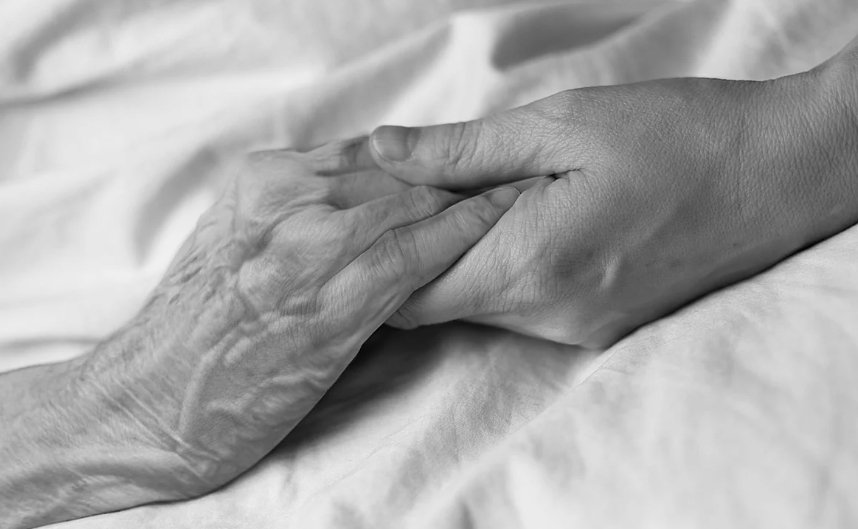The Isle of Man could become the first part of the British Isles to allow terminally ill people to end their lives with medical assistance, after a historic vote in its parliament.
What is the Assisted Dying Bill?
The Assisted Dying Bill, introduced by Dr Alex Allinson, a practising GP and member of the House of Keys (MHK), the lower house of the island’s parliament, seeks to enable mentally competent adults who are terminally ill and have less than six months to live to request help to die.
The bill would require two independent doctors to assess the person’s eligibility and capacity, and a High Court judge to review the case and issue a death certificate. The person would then be able to self-administer a lethal dose of medication, or have it administered by a doctor or nurse, at a time and place of their choosing.
The bill also includes safeguards such as a cooling-off period, the right to withdraw consent at any time, and criminal penalties for anyone who coerces or influences someone to seek assisted dying.
How did the vote go?
On Tuesday, 17 MHKs voted in favour of the bill and seven against it, after a lengthy debate that lasted more than six hours. The bill will now go to a committee stage, where it will be scrutinized and amended by a panel of five MHKs, before returning to the House of Keys for further debate and votes.

Dr Allinson said he was “delighted” by the outcome and thanked his colleagues for having “the confidence” to support the bill. He said the bill was “the start of real change in the Isle of Man to give terminally ill people much-needed choice and protection at the end of life”.
He also said he expected the legislation to take at least two years to come into force, if it passes all the stages and receives royal assent.
What are the arguments for and against assisted dying?
Supporters of assisted dying argue that it is a compassionate and humane option for people who are suffering from incurable and unbearable conditions, and that it respects their autonomy and dignity. They also point to the evidence from countries such as Canada, Belgium, and Switzerland, where assisted dying is legal and regulated, and where there is no evidence of abuse or harm to vulnerable groups.
Opponents of assisted dying contend that it is unethical and dangerous, and that it undermines the sanctity of life and the value of palliative care. They also warn that it could create a slippery slope to euthanasia, where people are killed without their consent or under pressure from family or society. They also question the reliability of prognosis and diagnosis, and the adequacy of safeguards and oversight.
What is the situation in other parts of the British Isles?
Assisted suicide is currently illegal in England, Wales, Northern Ireland, Scotland, and Ireland, where it carries a maximum sentence of 14 years imprisonment. However, there are ongoing efforts to change the law in some jurisdictions.
In Scotland, Liberal Democrat MSP Liam McArthur has lodged a proposal for a member’s bill that would allow assisted dying for terminally ill adults who have less than six months to live. The bill is expected to be published in the coming months.
In Jersey, a ministerial working group is working on proposals for a change in the law, which could be debated by the States Assembly next year.
In England and Wales, a parliamentary committee is conducting an inquiry into assisted dying and assisted suicide, and is expected to publish a report later this year. A private member’s bill on assisted dying was also introduced in the House of Lords in May, but has little chance of becoming law without government support.
In Ireland, a private member’s bill on assisted dying was passed by the lower house of parliament last year, but has stalled in the upper house due to opposition from the government and some parties.
What will happen next?
The Isle of Man’s Assisted Dying Bill still faces several hurdles before it can become law. It will have to go through three more readings in the House of Keys, where it could face amendments or opposition from some MHKs. It will then have to be approved by the Legislative Council, the upper house of parliament, where it could also encounter resistance or delays. Finally, it will have to receive royal assent from Queen Elizabeth II or her representative on the island.
If it passes all these stages, the Isle of Man will make history as the first part of the British Isles to legalize assisted dying. However, if it fails or falters at any point, it will join a long list of unsuccessful attempts to change the law on this contentious issue.


















